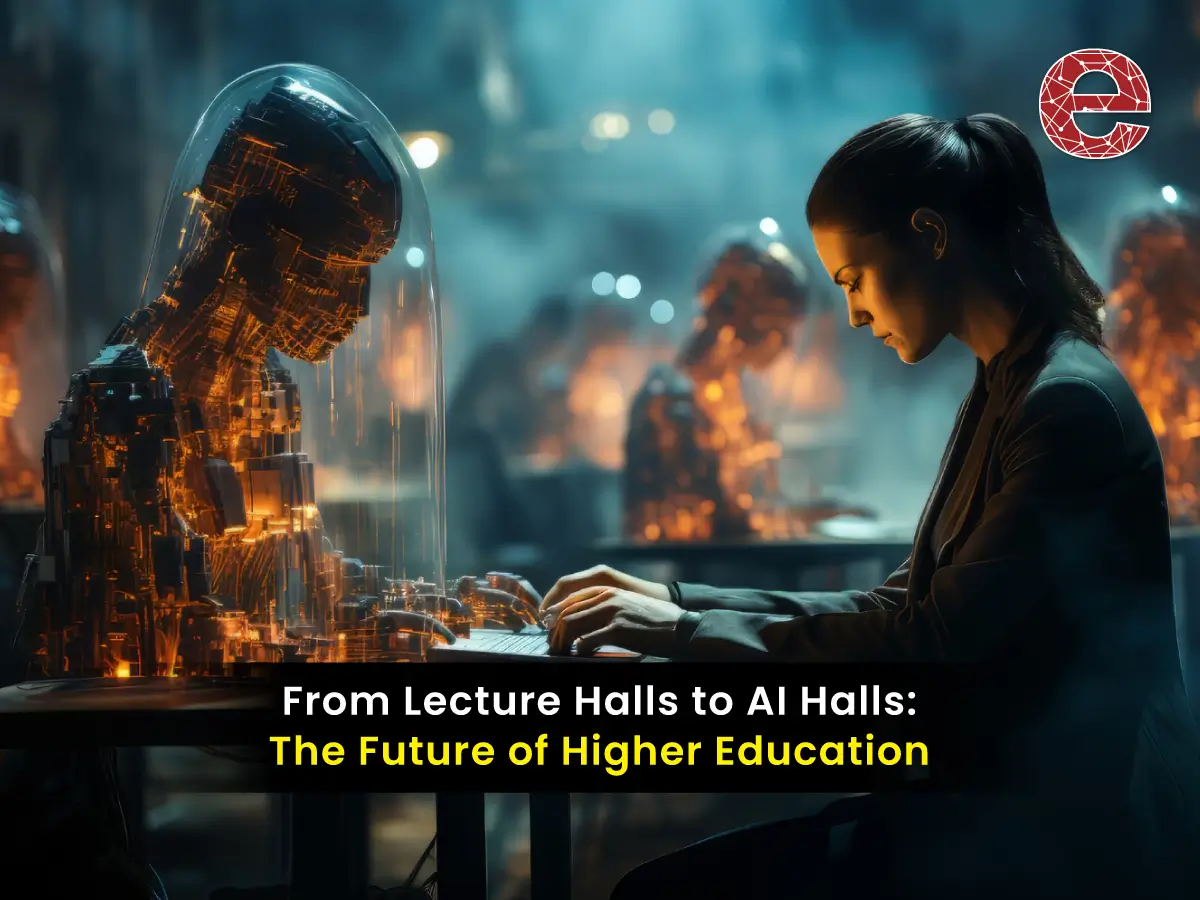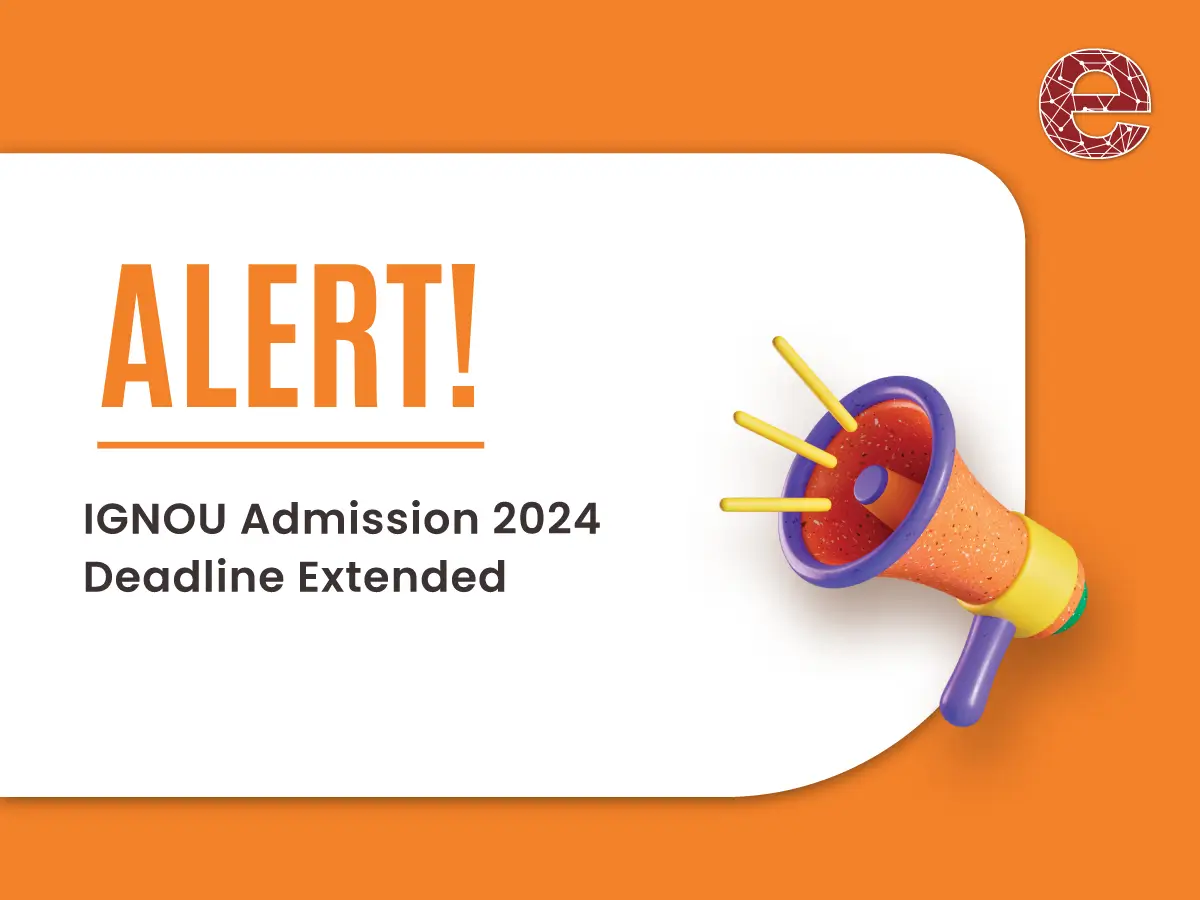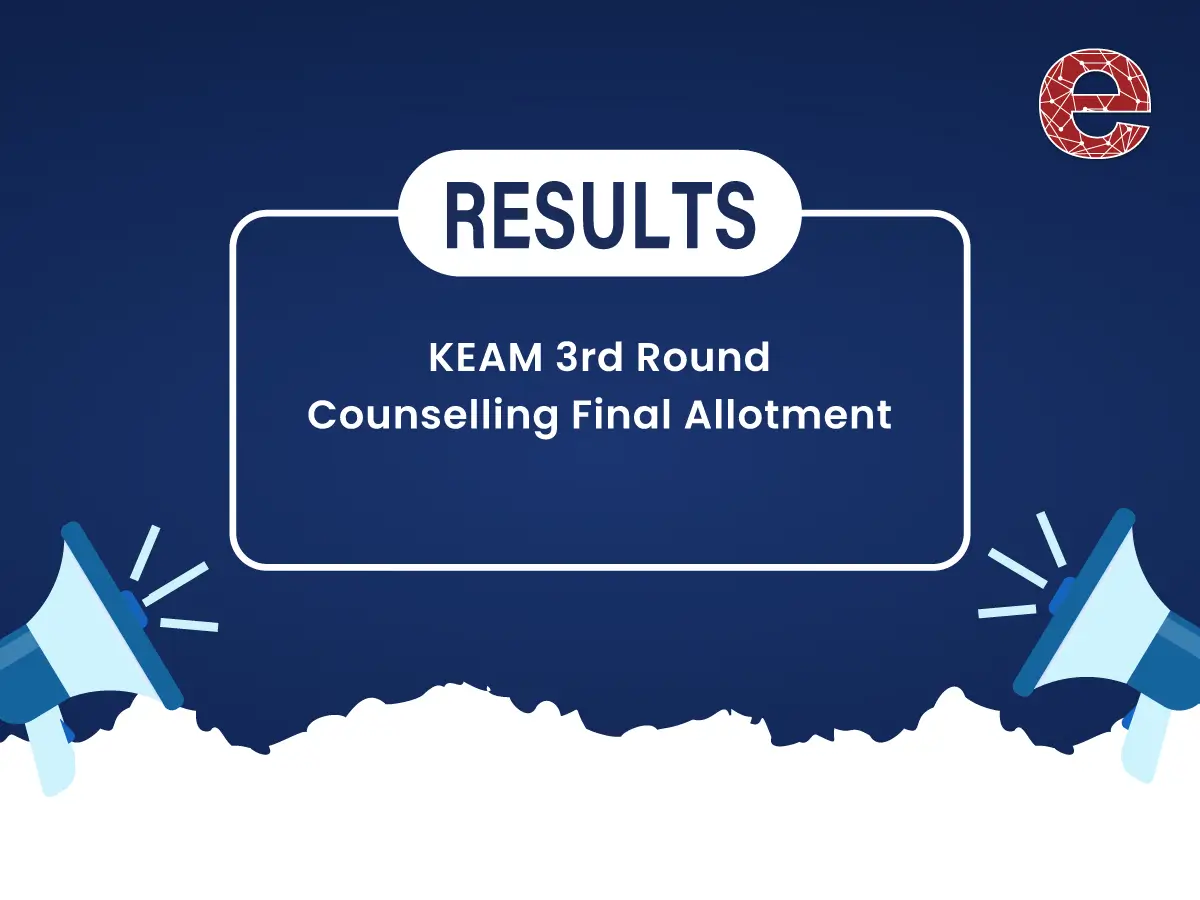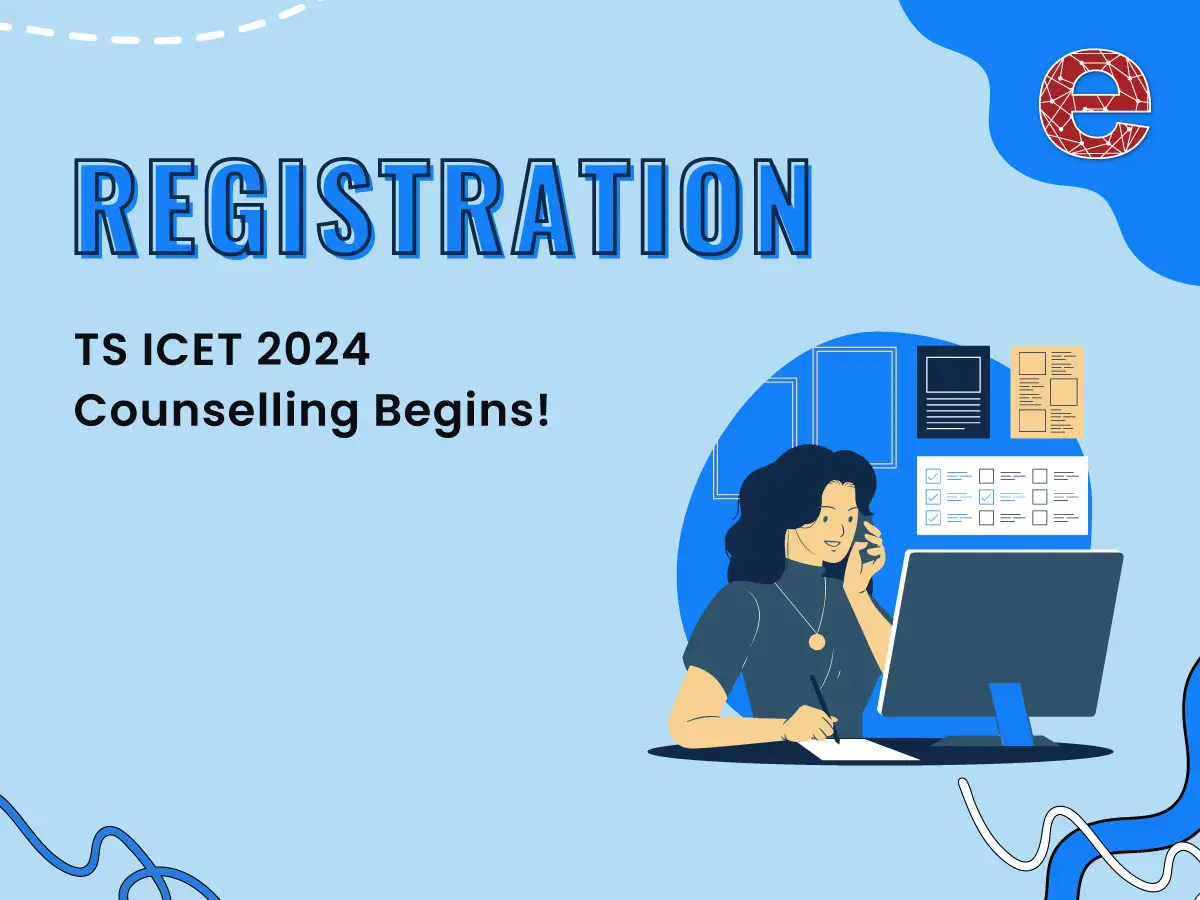AI Revolution: Transforming Student Life and Learning in Higher Education
Education News

As universities strive to meet the needs of a dynamic student body, artificial intelligence stands out as a transformational force. User experience design is vital in defining successful and personalised interactions as institutions attempt to satisfy the needs of a dynamic student body—ManyI has revised AI luteinising personalised learning.
The extraordinary power of(AI) systems was thrust into the public spotlight with the release of ChatGPT in 2022. It prompted many people to reflect on AI's profound impact on how people learn, communicate, and work. However, many universities' first response was to raise concerns that it would enable students to cheat on essays. While the potential for academic misconduct is undoubtedly essential, this overlooks the strategic opportunities AI presents for universities to revolutionise their operations and enhance student learning.
AI tools are causing universities to reflect on their operations, which has implications for core aspects of university life: teaching, research, administration, and community engagement. Like any new technology, AI presents opportunities and risks, creating winners and losers. The pace of progress means the stakes are high.Universities must prepare for the change AI will bring to remain competitive, ensure financial sustainability, and enhance the quality of education and research. Their challenge is to work out the pace and strategies for adoption that will set them up for long-term success.
To Enhance Student Support:
With AI-powered chatbots and virtual assistants, institutions can offer round-the-clock support to students. These bots can answer questions, guide course selection, provide study tips, and even assist with mental health resources, 89% of students believe that AI-powered support services would help them succeed academically, providing a strong foundation for the potential of AI in enhancing student support.
Administrative Efficiency:
AI streamlines administrative tasks, saving time and resources for staff and faculty. Machine learning algorithms can optimise scheduling, automate grading, and streamline admissions processes. This not only improves efficiency but also allows staff to focus on more meaningful tasks that require human ingenuity. AI can reduce administrative workloads and costs by up to 25%, offering a promising future for administrative tasks in universities.
AI has the potential to tailor education to students' individual needs like never before. By analysing vast amounts of data, AI algorithms can identify patterns in student learning styles, strengths, and weaknesses. Educators can provide personalised recommendations, adaptive learning paths, and to maximise student success.
- AI Revolution











